Lottery Odds: How Do They Work?
Find out how probability calculations shape the odds of winning the lottery and what this really means for players.
The Lottery House
tags:
probability
curiosity
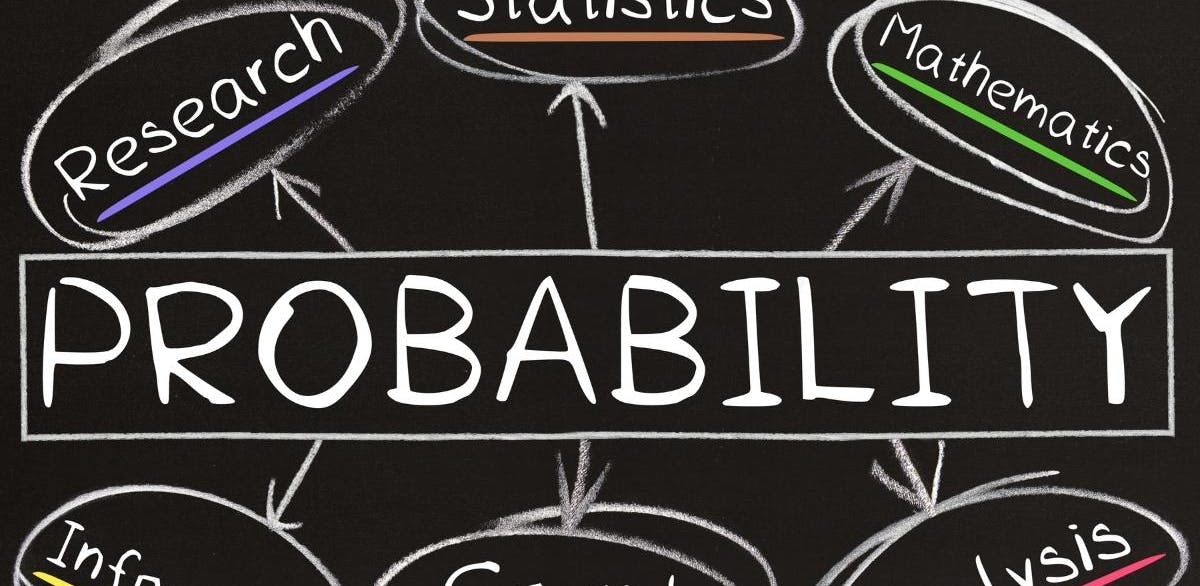
What Are Odds and Why Are They Important in the Lottery?
Have you ever dreamed of winning the lottery and changing your life forever? This dream is shared by millions of people around the world, but few people understand the real mechanism behind a winning bet: odds. When we buy a ticket, we are not only investing in hope, but also participating in an extremely complex mathematical calculation. Odds are the heart of any lottery game, determining the real chances of matching the numbers and taking home the prize. But how do they work? And, more importantly, how do they affect your real chances of becoming a millionaire? Let's explore this topic in this article.
How Do Lottery Odds Work?
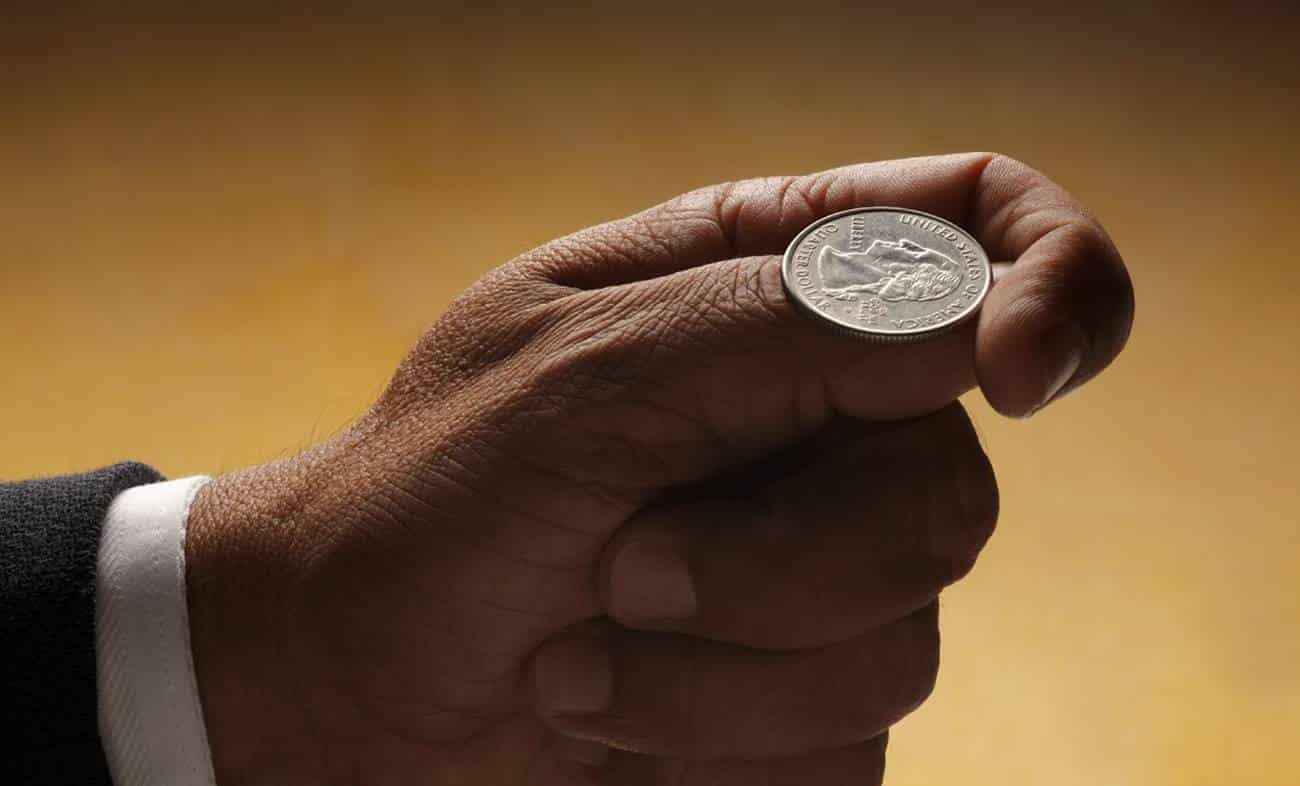
To understand lottery odds, it is essential to understand the basics of combinatorial mathematics. Unlike a simple coin toss, where there are only two possible outcomes (heads or tails), lotteries deal with an incredibly larger number of possible combinations.
The Basic Concept of Combinations
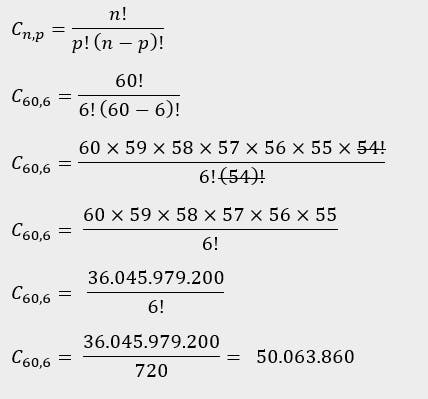
Lotteries usually require you to choose a set of numbers within a predetermined range. For example, in the Mega-Sena lottery, you must choose 6 numbers from a total of 60 available. To calculate all the possible combinations, we use the mathematical combination formula, as shown in the image.
Applying the formula means that there are 50,063,860 possible combinations of 6 numbers in a universe of 60. In other words, your chances of winning the Mega-Sena lottery with a single bet are 1 in 50 million!
How Odds Influence Your Real Chances of Winning

Although lottery odds are mathematically impressive, they have a direct impact on what we call "real chances." Let's take a look at how these calculations affect the game and the behavior of gamblers.
1. The Impact of the Number of Bets
The mathematics of probability tells us that each ticket purchased has the same chance of being drawn. Therefore, increasing the number of bets purchased proportionally improves your chances of winning. For example:
1 ticket: 1 in 50 million.
10 tickets: 10 in 50 million (or 1 in 5 million).
100 tickets: 100 in 50 million (or 1 in 500 thousand).
However, even buying 100 tickets, the chances are still extremely small.
2. Choosing Strategic Combinations
Many people believe that choosing "less popular" numbers can increase the chances of winning alone (and avoid sharing the prize). However, the probabilities of each combination are exactly the same. Choosing consecutive numbers or betting on special dates does not affect the mathematical chances of winning, but it can influence the distribution of the prize if you win.
3. The Influence of Jackpots
Jackpots often attract more players, increasing the total number of tickets sold. This in turn increases the likelihood that more than one person will match the winning numbers, leading to a split of the prize.
4. Playing Syndicates
Participating in syndicates is a common way to increase your chances without spending too much. By dividing the cost of a large number of tickets among several people, your collective chances increase. However, remember that the prize will also be split among all participants.
Most Popular Games and Their Odds
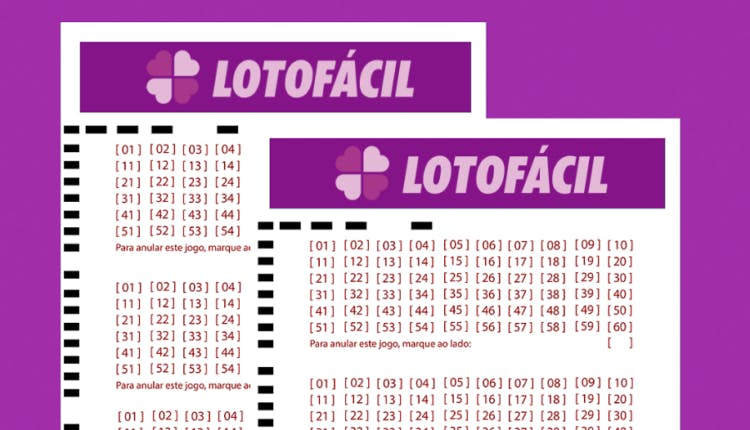
Each lottery has specific rules that directly influence the odds of winning. Here are some examples of popular lotteries and their respective odds of winning the jackpot:
Mega-Sena (Brazil): 1 in 50,063,860.
Powerball (USA): 1 in 292,201,338.
EuroMillions (Europe): 1 in 139,838,160.
Quina (Brazil): 1 in 24,040,016.
Lotofácil (Brazil): 1 in 3,268,760.
As you can see, lotteries with bigger prizes usually have much more challenging odds, which makes the dream of winning more distant.
Why Do We Keep Playing Even with Such Small Odds
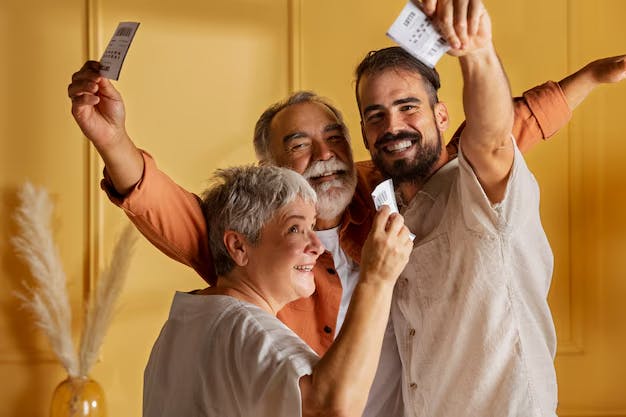
Despite the low odds, millions of people continue to bet on the lottery regularly. This behavior can be explained by psychological and emotional factors:
1. The Power of Dreams
The lottery offers more than just a chance to win money; it brings with it the idea of hope and life transformation. For many people, the possibility of completely changing their financial reality, even if remote, is worth the cost of a ticket.
2. The Social Factor
Playing the lottery is often a social activity. Participating in pools at work or among friends makes the act of betting more fun and shared.
3. Small Rewards
Even though the top prizes are almost impossible to win, smaller prizes, such as matching 4 or 5 numbers, offer a higher chance of winning and motivate players to keep playing.
Is It Worth Playing the Lottery?

The lottery odds clearly show that winning the top prize is an extraordinary feat. However, the emotional and psychological value that people attach to the chance to change their lives cannot be ignored. Playing the lottery is not a matter of logic, but of hope and fun.
If you decide to play, remember that the lottery should be viewed as a form of entertainment and not as a financial plan. Buy tickets responsibly, without compromising your budget, and enjoy the experience of dreaming big. After all, although the odds are small, the feeling of participating and imagining what you would do with the prize is something that is priceless.